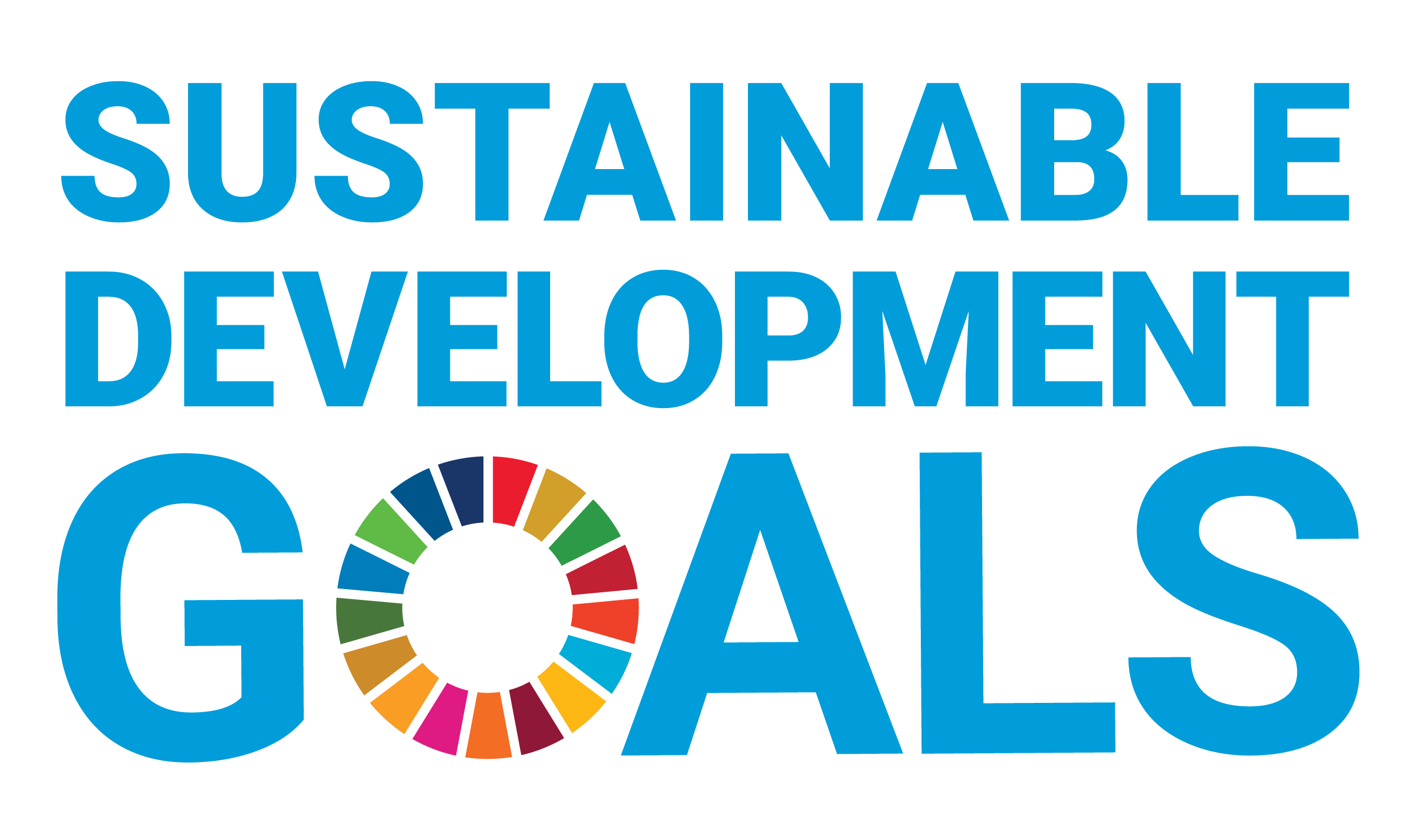'Kontra-Partido': Untangling Oppositional Local Politics and Healthcare Devolution in the Philippines
Document Type
Article
Publication Date
8-2023
Abstract
A long-recognized problem of healthcare devolution in many developing countries is its inextricability from the influences of local politics. This has been particularly self-evident in the Philippines, where, since the adoption of the Local Government Code of 1991, the devolution of health governance, planning, administration and service delivery has placed the health system largely under the control of individual provinces, cities, municipalities and villages or barangays. In this article, we utilize the notion of 'kontra-partido' (the Filipino term connoting 'oppositional politics') to concretize local, oppositional politics as a lived experience of health workers, government officials and ordinary citizens in the country. Through multi-sited qualitative fieldwork, we demonstrate how 'kontra-partido' politics ultimately worsens health outcomes in any locality. We show how such politics figures in the relational dynamics of health governance, often resulting in petty infighting and strained relationships among local health authorities; how it leads to the politicization of appointments and prevents the local workforce, especially those at the grassroots, from doing their jobs efficiently amid environments rife with hostile patronage; and how it impedes service delivery as politicians prioritize 'visible' projects (over sustainable ones) and selectively deliver health care to their known supporters. In turn, health workers and ordinary citizens alike have been actively negotiating their roles within this political milieu, either by joining the so-called political frontlines or by engaging in the transactional relationships that develop between politicians and their constituents during perennial election seasons. We conclude with a reflection on the vulnerability of health to politicization and the visceral consequences of 'kontra-partido' politics to health workers, as well as an identification of possible areas of intervention for future policy reform, given the deepening political polarization in the country and the upcoming implementation of the recently passed Universal Health Care Law.
Recommended Citation
Yu, V.G., Lasco, G., David, C.C., & Baysic, I.S. (2023). 'Kontra-partido': Untangling oppositional local politics and healthcare devolution in the Philippines. Health Policy and Planning, 38(7), 840-850. https://doi.org/10.1093/heapol/czad039



